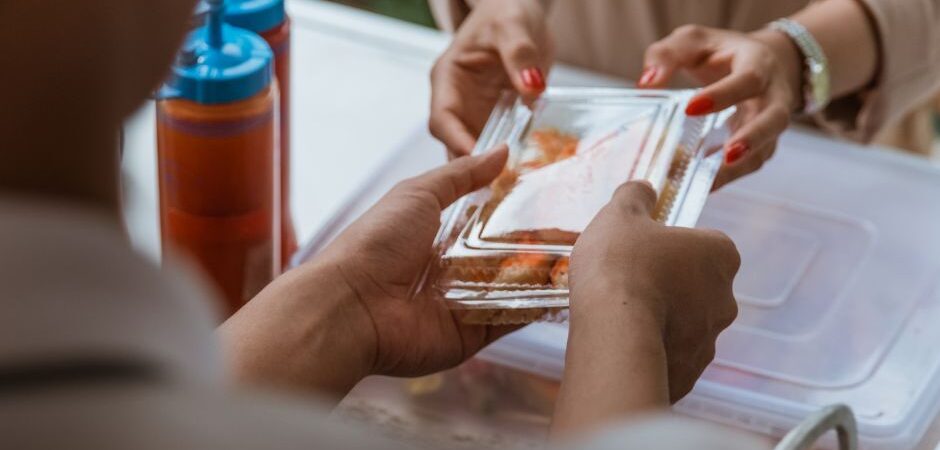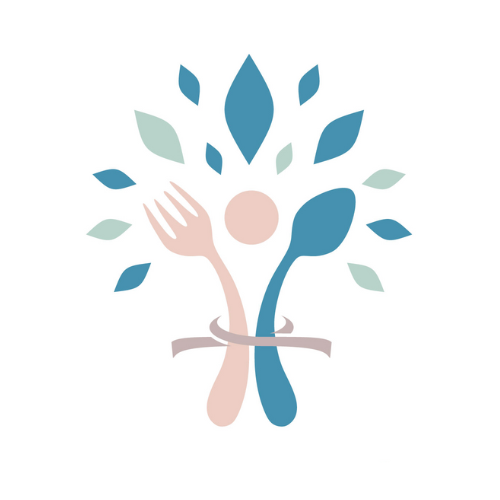24 Aug Busting the Biggest Myths About Type 2 Diabetes
If you’ve recently been told you have high blood sugar, pre-diabetes, or type 2 diabetes, it can be overwhelming. Some people find out through routine blood tests, others notice creeping symptoms like fatigue, thirst, or brain fog.
No matter how you discovered it, questions arise: Will I need medication? Will this affect my independence? How can I improve my health?
Advice is everywhere—from friends, family, leaflets, or the internet—but much of it is contradictory. One person says “just cut out sugar,” another insists it’s all about calories. It’s easy to feel confused, anxious, or guilty.
Myth 1: Is Type 2 Diabetes Just About Sugar?
Many people think cutting out sugar alone will solve their problems. But type 2 diabetes isn’t just about sweets—it’s about how your body processes all carbohydrates: bread, pasta, potatoes, and even “healthy” cereals.
The real issue is insulin resistance. Over time, cells become less responsive to insulin, forcing the body to produce more. Blood sugar creeps up, leading to prediabetes or type 2 diabetes.
The solution isn’t perfection—it’s patterns. Choosing the right carbs, eating at the right times, and improving insulin sensitivity is what truly matters.
Myth 2: Is Type 2 Diabetes Your Fault?
Feeling guilty is common, but type 2 diabetes is not your fault. Hormones, stress, age, sleep, genetics, and years of poor advice contribute to high blood sugar. You’re not broken—you’ve just been given incomplete or misleading information.

Myth 3: Do You Have to Give Up All the Foods You Love?
Strict bans aren’t necessary. Bread, potatoes, pasta, fruit, desserts—yes, you can still enjoy them. The key is balance and consistency. With the right approach, you can enjoy food without guilt or fear.
Myth 4: Is Diabetes Always Progressive?
Many people think type 2 diabetes only gets worse over time, but research and real-life experience show this isn’t true. Diabetes can be managed, improved, and even put into remission at any age. People in their 60s, 70s, and 80s have successfully reclaimed their health.
Myth 5: Is Borderline Diabetes Not a Big Deal?
Pre-diabetes is a warning sign. Ignoring it is like ignoring a car’s warning light. It’s your chance to make lifestyle changes before progression occurs. Acting early can prevent full-blown type 2 diabetes.
Myth 6: Will Tablets Fix my Type 2 Diabetes?
Medications help, but they don’t tackle the root cause—insulin resistance. Tablets can manage blood sugar temporarily, but long-term improvement comes from lifestyle changes in:
- Diet
- Physical activity
- Stress management
- Sleep
Medication is a tool—not a cure.
Myth 7: Is It Too Late to Change?
Even after years of high blood sugar, your body can respond and improve. It’s never too late to increase energy, regain independence, and take control of your health. You can still reverse type 2 diabetes at any stage.
Myth 8: Do You Have to Do This Alone?
You don’t. Support, community, and guidance are essential. That’s why The Lifestyle Clinic exists—to give people real answers, practical strategies, and compassionate support to improve their health.

Final Thoughts: Take Back Control
Being newly diagnosed with pre-diabetes or type 2 diabetes can feel overwhelming. But it’s not your fault. You have more control than you’ve been told. By cutting through myths, addressing insulin resistance, and following an informed approach, you can improve your health, regain confidence, and even reverse type 2 diabetes.
You can also watch this video on YouTube for more insights: Busting The Biggest Myths About Type 2 Diabetes.
